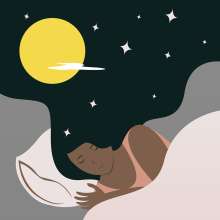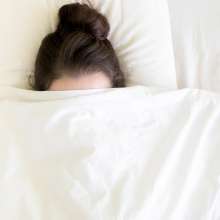An estimated 6% to 10% of US adults took a hypnotic drug for poor sleep in 2010. In some part of Europe, the percentage is even higher. It was estimated that in 2010, hypnotics may have been associated with 320,000 to 507,000 excess deaths in the USA alone.
A study published in the BMJ Open, British Medical Journal's online journal, tracked the survival-death of more than 10,500 patients, who were prescribed a range of sleeping pills, and compared them with over 23,500 matching people not prescribed sleeping pills.
Sleeping pills prescribed to patients participated in this study included benzodiazepines such as temazepam; non-benzodiazepines such as zolpidem, eszopiclone and zaleplon; barbiturates; and sedative antihistamines.
This study concluded that, over an average observation period of 2.5 years, patients with prescriptions for hypnotics had approximately 4.6 times likelihood of dying compared to nonusers. A dose response effect also exists.
Among the highest one third of users, the hazard ratio for death were 5.3, 5.7 and 6.6, respectively, for all hypnotics, zolpidem alone and temazepam alone. Even among the group receiving the smallest dose of up to 18 doses per year, the increased risk for dying was more than 3.5 times compared to those not prescribed these drugs.
Zolpidem was the most frequently prescribed hypnotic drug during the study interval from 2002 to 2006, and temazepam was the next most common. The study found that the risk of death associated with prescriptions for less commonly prescribed hypnotic drugs were likewise elevated.
The report also demonstrated a modest increased cancer risk for those prescribed any hypnotic compared to non-users.
The authors point out that studies showing association do not necessarily prove cause and effect. But their findings back up previous research showing an increased risk of death among users of sleeping pills.
An estimated 6% to 10% of US adults took a hypnotic drug for poor sleep in 2010. In some part of Europe, the percentage is even higher. It was estimated that in 2010, hypnotics may have been associated with 320,000 to 507,000 excess deaths in the USA alone.





